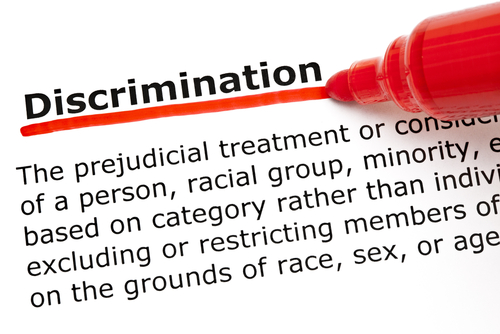Canada News
Bill would protect against discrimination based on genetics, immigration status, social condition and police records
TORONTO — Discriminating against someone on the basis of their genetics, immigration status, social condition and police records would be a violation of their rights in Ontario under a proposed bill introduced in the provincial legislature.
The private member’s bill, tabled by Liberal legislator Nathalie Des Rosiers, would expand and modernize Ontario’s human rights code which was first established in 1962. If passed, the legislation would add the four new areas of rights protection to the code and give anyone discriminated against recourse they currently don’t have at the Ontario Human Rights Tribunal.
Des Rosiers, a former human rights lawyer, said the code as it stands has gaps and doesn’t fully protect many of the province’s residents, especially those in poor or marginalized communities.
“In my view, Ontario must have a Human Rights Code that addresses fully the new types of discrimination that Ontarians may feel and may face,” she said.
“The purpose of this bill is to recognize there is a role for government in ensuring we respond proactively to discrimination,” she added.
Des Rosiers said the changes would bring Ontario’s Human Rights Code in line with other codes across Canada and around the world. It would also ensure that people have fair access to employment, insurance and goods and services.
Des Rosiers said discrimination based on social condition, like poverty, homelessness or lack of education, is prevalent. Her bill will combat negative stereotyping and help people living in poverty access essential services, she said.
“We know that poor people are often treated differently,” she said. “(They’re) told to move out of certain stores, of malls or offices, for no good reason.
”
Des Rosiers said immigrants to Ontario also face discrimination, often when attempting to find housing where immigration status should be irrelevant.
“We have heard of landlords refusing to rent to refugee claimants and of public services requiring various proofs of permanent residency, citizenship or immigration status in order to determine eligibility or to offer a service,” she said.
Mike Colle, also a Liberal legislator, said he supports Des Rosiers’ bill and its measures to fight genetic discrimination. Colle has made previous attempts to pass private member’s bills to end the practice, which can prevent people from getting a job or insurance because of a hereditary family health conditions.
“Right now in Ontario, technically you can deny people employment because of their parent’s medical history …
that is quite common,” Colle said. “That discrimination happens every day. People can also be denied insurance because of that.”
The bill has the backing of the Canadian Civil Liberties Association which has done extensive work to prevent discrimination on the basis of police records. Noa Mendelsohn Aviv, acting executive director of the group, said the legislation would address “constitutional defects” in the Ontario Human Rights Code.
Mendelsohn Aviv said people in Ontario are regularly denied volunteer opportunities or jobs because of past contact they’ve had with law enforcement which shows up on police record checks required by many agencies and employers. Often, those records don’t say whether charges were dropped or stayed or if the contact was a case of error by police.
“Police records don’t tell much of a story except that someone has had contact with the police,” she said. “The story that people think they understand, or that employers being conservative don’t want to take a chance on, is of having some kind of criminal or criminality being brought into their workplace. That’s a heavy taint.”
Ontario’s Human Rights Commission has signalled its support for Des Rosiers’ bill, which will be tabled for second reading on Oct. 26.
“The proposed amendments are progressive and would confirm Ontario as a leader in human rights,” the statement said. “The bill is in line with and improves on protections emerging in other Canadian jurisdictions.”
The Ontario Human Rights Code was first established to prohibit discrimination in “signs, services, facilities public accommodation, employee and trade union membership on the grounds of race, creed, colour, nationality, ancestry and place of origin.”






















